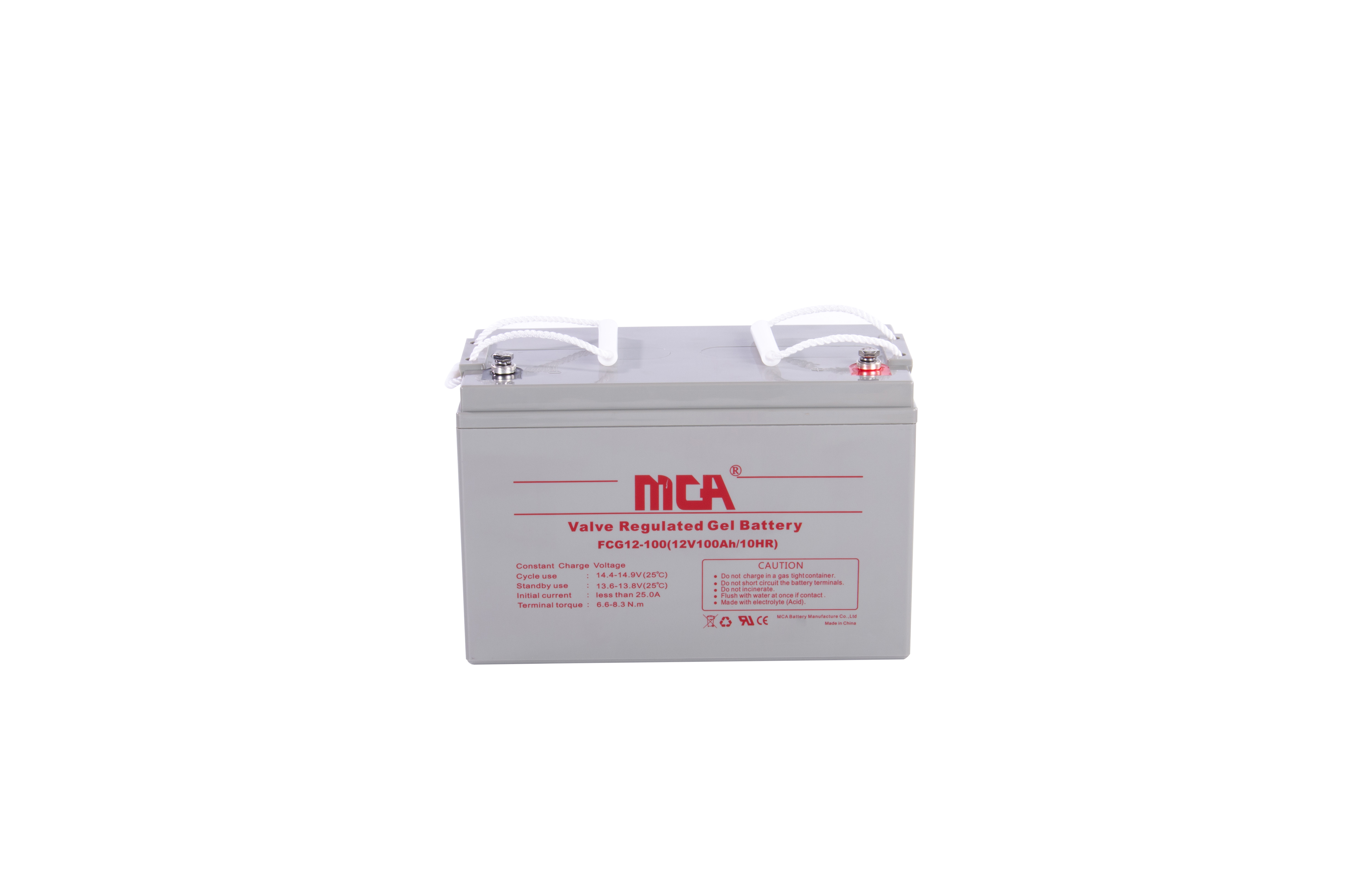12
2025
-
09
Exploring Generation Lithium Batteries: The Future of Energy Storage
The emergence of generation lithium batteries marks a significant milestone in energy storage technology. These batteries, known for their high energy density and efficiency, have revolutionized various sectors, including electric vehicles, renewable energy systems, and portable electronics. One of the key advantages of generation lithium batteries is their ability to store and release energy more effectively compared to traditional battery technologies, making them ideal for applications requiring rapid energy discharge.
Recent research highlights the continuous improvements in lithium battery technology, focusing on enhancing battery life, safety, and environmental sustainability. Innovations such as solid-state lithium batteries are on the horizon, promising even higher energy densities and reduced risks associated with liquid electrolytes. These advancements could lead to lighter, longer-lasting batteries that are not only efficient but also safer for consumers and the environment.
Another crucial aspect of generation lithium batteries is their role in supporting renewable energy. As the world moves towards greener energy solutions, the integration of lithium batteries with solar panels and wind turbines becomes increasingly important. These batteries can store excess energy generated during peak production times and release it when demand is high or when generation is low, thereby stabilizing the energy supply and enhancing grid reliability.
For businesses in the electric and electrical sector, understanding the market dynamics around generation lithium batteries is essential. With the growing demand for electric vehicles and portable electronics, there is a corresponding rise in the need for high-performance batteries. Companies should consider investing in research and development, collaborating with universities and tech firms to stay at the forefront of battery technology.
Moreover, sustainability is becoming a key focus in the battery industry. Consumers are increasingly aware of the environmental impact of battery production and disposal. As a result, businesses should explore recycling initiatives and the development of batteries using sustainable materials. This not only enhances corporate responsibility but also positions companies favorably in a market that values sustainability.
In conclusion, generation lithium batteries are set to play a pivotal role in the future of energy storage and consumption. By embracing innovation, prioritizing sustainability, and understanding market trends, businesses in the battery industry can navigate this evolving landscape effectively. As the demand for efficient, reliable energy storage continues to grow, so too will the opportunities for those ready to adapt and innovate in this exciting field.
Recent research highlights the continuous improvements in lithium battery technology, focusing on enhancing battery life, safety, and environmental sustainability. Innovations such as solid-state lithium batteries are on the horizon, promising even higher energy densities and reduced risks associated with liquid electrolytes. These advancements could lead to lighter, longer-lasting batteries that are not only efficient but also safer for consumers and the environment.
Another crucial aspect of generation lithium batteries is their role in supporting renewable energy. As the world moves towards greener energy solutions, the integration of lithium batteries with solar panels and wind turbines becomes increasingly important. These batteries can store excess energy generated during peak production times and release it when demand is high or when generation is low, thereby stabilizing the energy supply and enhancing grid reliability.
For businesses in the electric and electrical sector, understanding the market dynamics around generation lithium batteries is essential. With the growing demand for electric vehicles and portable electronics, there is a corresponding rise in the need for high-performance batteries. Companies should consider investing in research and development, collaborating with universities and tech firms to stay at the forefront of battery technology.
Moreover, sustainability is becoming a key focus in the battery industry. Consumers are increasingly aware of the environmental impact of battery production and disposal. As a result, businesses should explore recycling initiatives and the development of batteries using sustainable materials. This not only enhances corporate responsibility but also positions companies favorably in a market that values sustainability.
In conclusion, generation lithium batteries are set to play a pivotal role in the future of energy storage and consumption. By embracing innovation, prioritizing sustainability, and understanding market trends, businesses in the battery industry can navigate this evolving landscape effectively. As the demand for efficient, reliable energy storage continues to grow, so too will the opportunities for those ready to adapt and innovate in this exciting field.
Relevant News









